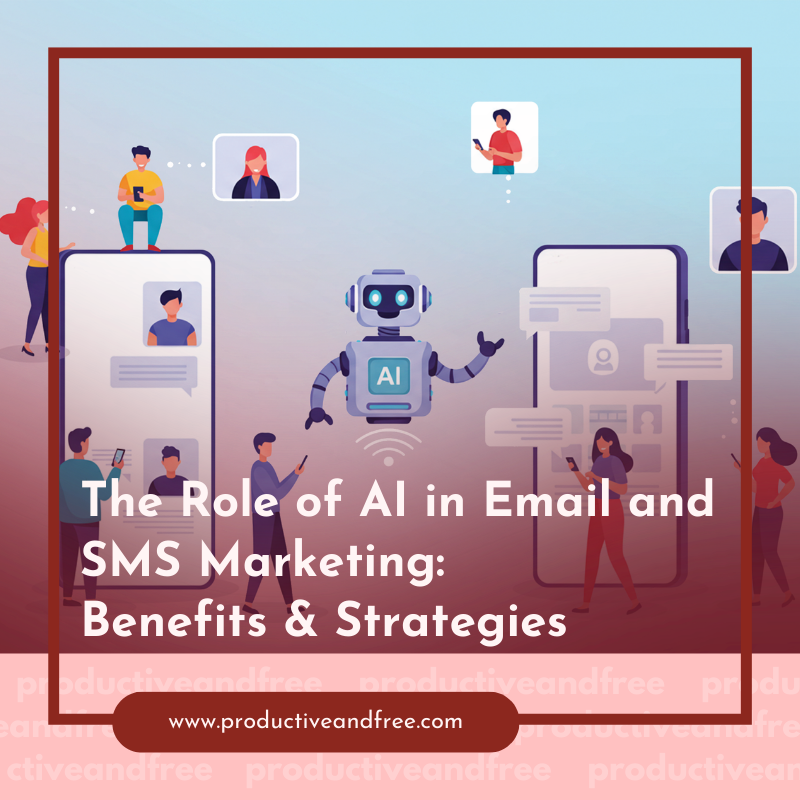Smart Reservations: How A.I. is Changing the Game
Are you tired of navigating through endless reservation systems, dealing with frustrating errors, and enduring long wait times? Imagine a world where booking your next hotel stay, restaurant reservation, or healthcare appointment is as effortless as having a conversation.
Welcome to the era of smart reservations, where artificial intelligence (AI) is revolutionizing the way we interact with booking systems.
The Rise of AI in Reservation Systems
The integration of AI into reservation systems is no longer a far-fetched idea; it's a rapidly growing reality. As the global AI market size is expected to be worth a staggering $407 billion by 2027, the U.S. alone is projected to reach around $594 billion by 2032.
This technological shift is driven by the widespread adoption of AI-powered technologies. Most of the U.S. citizens already have a smart speaker, and there are more than 4 billion voice assistants in use globally, demonstrating the growing acceptance and demand for AI-enabled services.
Industries ranging from hospitality and travel to healthcare and dining are embracing AI-driven reservation systems, recognizing their potential to streamline operations, enhance customer experiences, and maximize operational efficiencies.
Key Technologies Powering AI Reservations
At the heart of smart reservations lie cutting-edge technologies that enable seamless and intelligent interactions. Machine learning, a subset of AI, plays a pivotal role in analyzing vast amounts of data, identifying patterns, and making accurate predictions. This technology powers features like real-time availability updates, personalized recommendations, and dynamic pricing.
Natural language processing (NLP) is another key technology that allows AI-powered reservation systems to understand and interpret human language, enabling users to communicate their preferences and requirements using natural speech or text. This technology is crucial for virtual assistants and chatbots that facilitate conversational booking experiences.
Predictive analytics, fueled by machine learning algorithms, enables reservation systems to anticipate demand and optimize resource allocation. By analyzing historical data and current trends, AI can forecast peak periods, identify potential bottlenecks, and adjust pricing strategies accordingly, ensuring efficient operations and maximizing revenue.
Enhancing Customer Experience with AI
One of the most significant advantages of AI-powered reservation systems is their ability to personalize customer experiences. By leveraging machine learning and NLP, these systems can understand individual preferences, past interactions, and contextual information to tailor the booking journey for each customer.
One notable AI-powered experience is the rise of voice answering service for restaurants, which allows customers to reserve at restaurants or food establishments simply by speaking their requests. This technology leverages natural language processing and conversational AI to understand and process requests, providing a seamless and convenient experience for customers while streamlining operations for businesses.
Imagine a scenario where an AI-powered travel booking system not only suggests hotels and flight options based on your preferences but also proactively offers personalized recommendations for local attractions, restaurants, and activities based on your interests and travel history. This level of personalization can significantly enhance customer satisfaction and loyalty, leading to increased retention rates and repeat business.
Moreover, the integration of AI in reservation systems can streamline the entire booking process, reducing friction and minimizing frustrations associated with traditional methods. Virtual assistants and chatbots can guide customers through the booking process, answer queries, and provide real-time updates, ensuring a seamless and stress-free experience.
Operational Efficiencies and Cost Reduction
While AI's impact on customer experience is undeniable, its transformative power extends to operational efficiencies and cost reduction as well. By automating various tasks and processes, AI can minimize human errors, optimize resource allocation, and increase overall productivity.
For instance, AI-powered reservation systems can automatically update availability in real time, reducing the likelihood of overbooking or inventory discrepancies. Additionally, predictive analytics can help businesses anticipate demand patterns, allowing them to optimize staffing levels and inventory management, ultimately reducing operational costs.
The following table provides a snapshot of the potential cost savings and operational efficiencies achieved through AI implementation across various industries:
| Industry | Operational Efficiency |
|---|---|
| Hospitality | Automated room allocation, dynamic pricing |
| Healthcare | Optimized appointment scheduling, reduced wait times |
| Restaurants | Intelligent table management, streamlined services |
| Travel | Real-time pricing updates, personalized recommendations |
As businesses strive to gain a competitive edge, the operational efficiencies and cost savings enabled by AI-powered reservation systems are becoming increasingly compelling. According to industry reports, 90% of organizations support AI implementation to gain a competitive advantage, and AI technology has been shown to increase business productivity by up to 40%.
Challenges and Limitations of AI in Reservations
While the advantages of AI in reservation systems are substantial, it's essential to address the potential challenges and limitations. Data privacy and security are major concerns, as AI systems rely heavily on customer data to function effectively. Businesses must ensure robust data protection measures, comply with relevant laws and regulations, and prioritize user consent and transparency.
Additionally, integrating AI with legacy reservation systems can pose technical challenges, particularly in industries with complex operations or outdated infrastructures. Overcoming these hurdles may require significant investments in infrastructure upgrades and employee training.
Another limitation lies in the current state of AI technology itself. While AI systems are highly capable, they are not infallible, and there may be instances where human intervention or oversight is still necessary to ensure optimal outcomes.
Despite these challenges, the benefits of AI-powered reservation systems far outweigh the potential drawbacks. As AI technology continues to evolve and mature, addressing these concerns will become increasingly feasible, paving the way for even more widespread adoption and seamless integration.
Future Trends and Predictions
The future of AI in reservation systems is brimming with exciting possibilities. As emerging technologies such as Edge AI, which enables AI processing at the device level, and advanced natural language processing techniques continue to evolve, we can expect even more intuitive and conversational booking experiences.
Moreover, the integration of AI with other cutting-edge technologies like the Internet of Things (IoT) and virtual reality (VR) could revolutionize the reservation experience. Imagine being able to virtually tour a hotel room or restaurant before making a reservation, or having your smart home devices automatically coordinate with reservation systems to ensure a seamless and personalized experience upon arrival.
As AI continues to advance, its impact on the reservation industry will only grow more profound. Businesses that embrace this technology early on will undoubtedly gain a significant competitive advantage, while those that lag behind risk falling behind in an increasingly AI-driven world.
Frequently Asked Questions (FAQs)
1. How does AI improve the accuracy of booking systems?
AI-powered reservation systems leverage machine learning algorithms and predictive analytics to analyze vast amounts of data, identify patterns, and make accurate predictions. This technology enables real-time availability updates, minimizes overbooking or inventory discrepancies, and optimizes resource allocation, significantly improving the accuracy and reliability of booking systems.
2. What measures are in place to protect customer data in AI-powered reservation systems?
Data privacy and security are paramount concerns when it comes to AI-powered reservation systems. Businesses implement robust data protection measures, such as data encryption, compliance with data protection laws and regulations (e.g., GDPR, CCPA), and user consent protocols.
3. Can small businesses benefit from AI reservation systems, or is it only feasible for larger corporations?
AI reservation systems are not limited to large corporations; in fact, they can be tailored to meet the needs of businesses of all sizes. Many AI solution providers offer scalable and cost-effective options specifically designed for small and medium-sized enterprises (SMEs).
Key Takeaways
The integration of AI into reservation systems is rapidly transforming the way businesses operate and customers interact. From personalized experiences and streamlined booking processes to operational efficiencies and cost savings, the advantages of smart reservations are undeniable.
As AI technology continues to evolve, businesses that embrace this paradigm shift will be well-positioned to thrive in an increasingly digital and automated world.
Daniel Martin
Dan has had hands-on experience in digital marketing since 2007. He has been building teams and coaching others to foster innovation and solve real-time problems. In his previous work experiences, he has developed expertise in digital marketing, e-commerce, and social media. When he's not working, Dan enjoys photography and traveling.
Share in the comments below: Questions go here


































